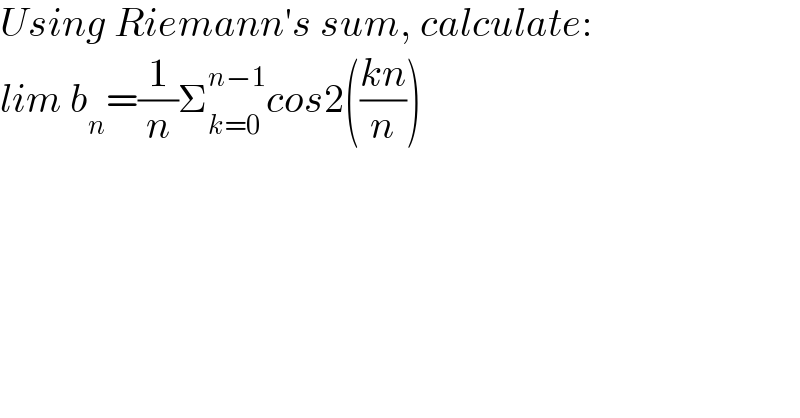
Question and Answers Forum
Question Number 172311 by mathocean1 last updated on 25/Jun/22

Commented by JDamian last updated on 25/Jun/22

Commented by thfchristopher last updated on 25/Jun/22

Commented by aleks041103 last updated on 25/Jun/22

Commented by thfchristopher last updated on 25/Jun/22

